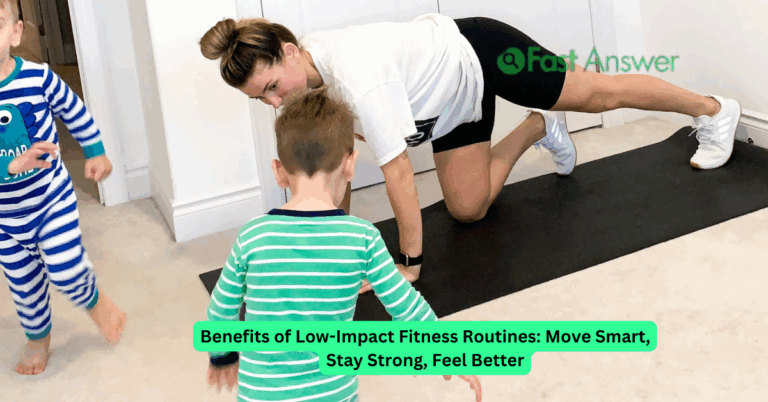How to Improve Cardiovascular Fitness Naturally: Build a Stronger Heart Without the Hype
Cardiovascular fitness is one of the most important indicators of your long-term health. It affects everything from your energy levels and mood to how well your body handles stress and recovers from exertion. If you’re looking for ways to improve cardiovascular fitness naturally without relying on expensive supplements or extreme workouts you’re in the right place. This guide is for anyone who wants to boost endurance, support heart health, and build sustainable habits through lifestyle, movement, and recovery.
Start with Low-Impact, High-Frequency Movement
The key to natural cardiovascular improvement is consistency, not intensity. Walking briskly for 30–45 minutes a day can be more effective for long-term heart health than sporadic high-intensity training. Low-impact activities like swimming, cycling, and hiking allow you to train your cardiovascular system without overloading your joints. As your endurance improves, you can gradually increase intensity with interval walks or uphill climbs to push your aerobic capacity further.
Make Everyday Activities Count Toward Heart Health
You don’t need a gym membership to get fit everyday movement adds up. Gardening, dancing, cleaning, and even playing with your kids can elevate your heart rate. The goal is to spend more time in moderate aerobic zones consistently. Try standing instead of sitting, using stairs over elevators, or biking short distances instead of driving. Natural cardio fitness comes from integrating movement into your lifestyle, not just isolating it to a workout window.
Focus on Breath Control and Cardio Recovery
Improving cardiovascular fitness isn’t just about your heart it’s also about your lungs. Incorporating breathwork exercises like diaphragmatic breathing or yoga pranayama can improve oxygen delivery and recovery. During workouts, practice nasal breathing or controlled exhalation to increase lung efficiency and endurance. These methods not only improve performance but also help regulate stress hormones that can hinder heart health.
Eat for Endurance, Not Just Energy
Your heart and muscles run on fuel so what you eat plays a direct role in how efficiently your body performs and recovers. Natural, unprocessed foods high in antioxidants, fiber, and healthy fats support better blood flow, reduced inflammation, and sustained energy. Leafy greens, berries, omega-3-rich fish, legumes, and whole grains are staples in a heart-healthy diet. Stay hydrated, limit sodium, and avoid refined sugars that spike insulin and energy levels artificially.
Rest, Sleep, and Stress Reduction Are Non-Negotiables
Overtraining can do more harm than good. Cardiovascular fitness improves when your body has time to recover. Deep sleep, rest days, and stress-reduction practices like meditation or nature walks support optimal heart function. Chronic stress elevates cortisol and blood pressure, undermining all your training efforts. Natural fitness is as much about balance as it is about motion—build recovery into your routine, not as an afterthought but as a pillar.
Frequently Asked Questions
How quickly can I improve my cardiovascular fitness naturally?
Noticeable changes can begin within 3–4 weeks of consistent aerobic activity, depending on your baseline.
Do I need to run to improve my heart health?
No. Walking, swimming, rowing, and cycling are all excellent alternatives that are joint-friendly and effective.
Is it okay to do cardio daily?
Yes, if it’s moderate. Mixing intensity levels and incorporating rest days prevents burnout and promotes recovery.
Can breathing exercises really help cardiovascular endurance?
Absolutely. Controlled breathing improves oxygen efficiency, lowers heart rate, and supports endurance.
What’s more important—intensity or consistency?
Consistency. Moderate movement daily improves cardiovascular health more sustainably than infrequent intense sessions.


